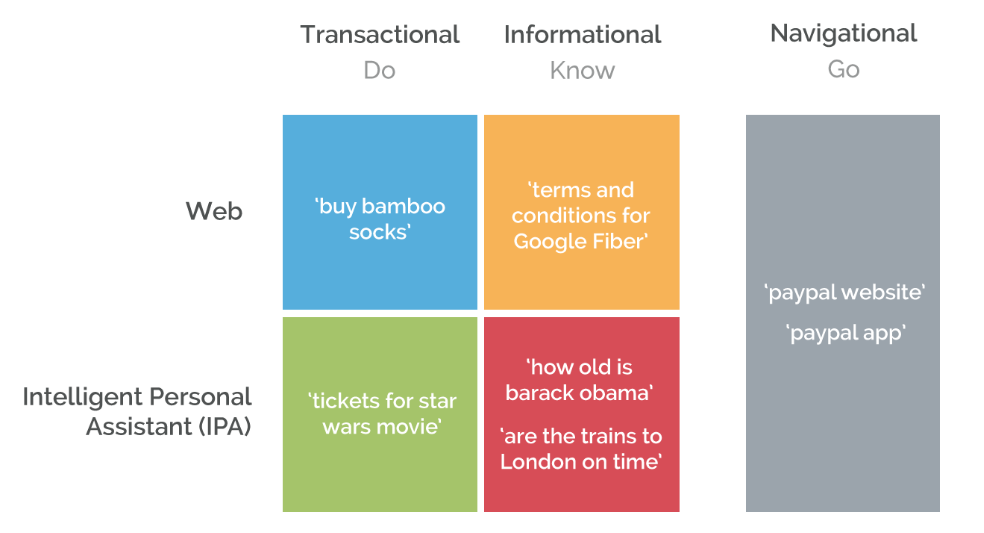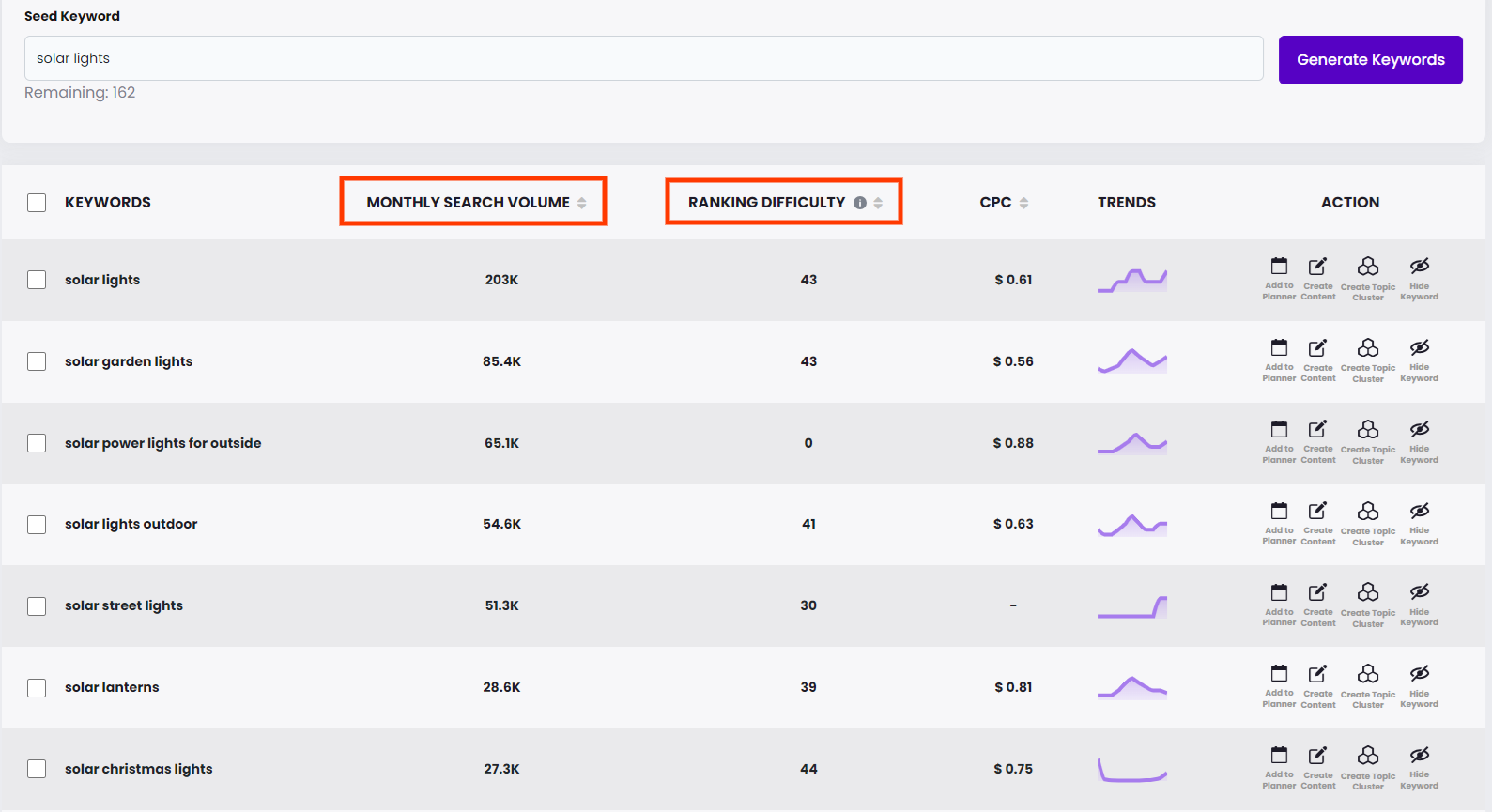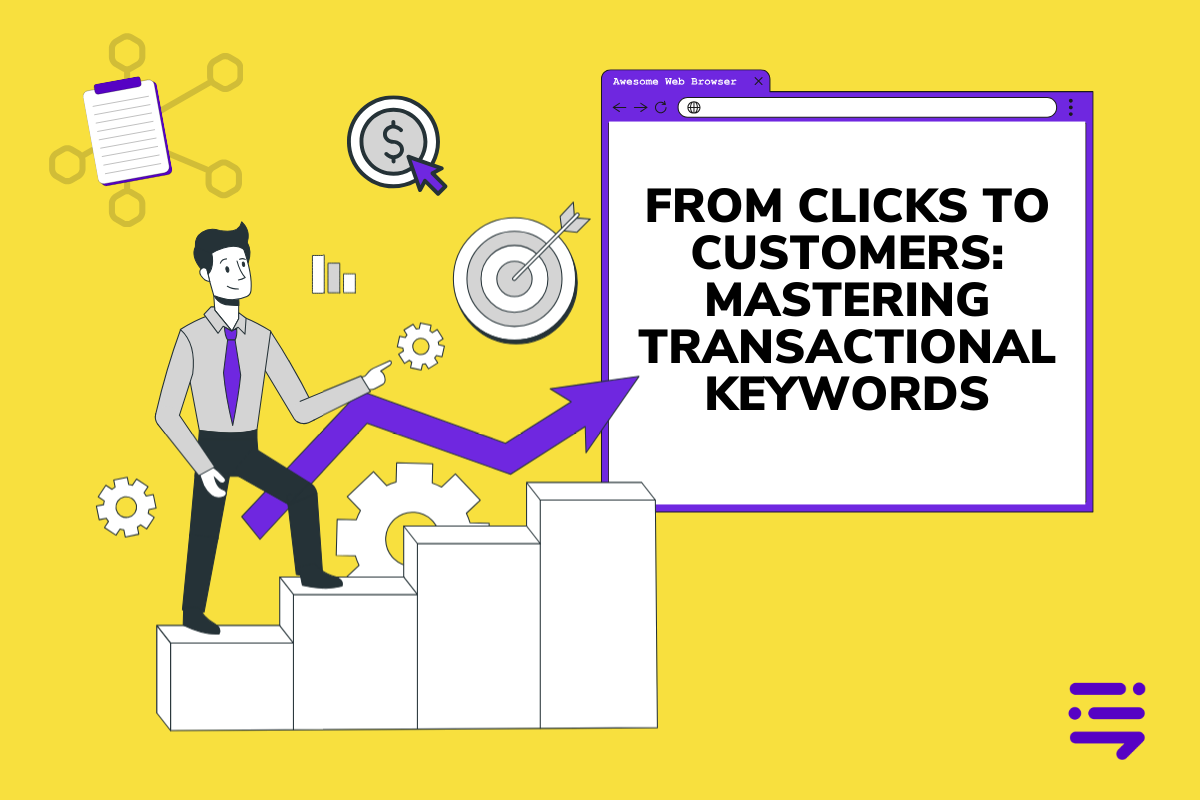Transactional keywords are not about casual browsing. They’re the power signals that indicate a customer is ready to spend money.
Why are these keywords important to your business?
Because these magical phrases guide searchers straight to your doorstep!
In this article, we’re going to unlock the power of commercial keywords for your business. Dive in and discover how transactional keywords can supercharge traffic to your site, convert curious visitors into eager customers, and ultimately boost sales figures!
Table Of Contents:
- What Are Transactional Keywords?
- The Anatomy of Effective Transactional Keywords
- How to Identify Transactional Keywords for Your Business
- Adding Transactional Keywords to Your Content
- Measuring the Impact of Transactional Keywords
- Case Studies: How to Effectively Use Transactional Keywords
- Common Challenges in Transactional Keyword Optimization
- FAQs – Transactional Keywords
- Conclusion
What Are Transactional Keywords?
Transactional keywords are those magic words and phrases that online shoppers type into search engines when they’re ready to buy something. Transactional searches indicate very strong commercial intent.
A typical example of transactional search intent is someone typing “Buy iPhone XR” into Google. Here the keyword indicates not just interest but an intention to spend hard-earned cash for a smartphone.
So if you sell iPhones on your website and optimize for this keyword, voila. You’ve got a hot lead landing straight onto your product page.
The Power of Transactional Keywords
Transactional intent keywords are conversion machines — because users searching with transactional terms already have their credit cards at hand (sometimes literally).
In comparison with informational keywords or navigational keywords, transactional keywords get fewer searches but higher conversions. It’s quality over quantity.

Moz illustrates the difference between transactional, informational, and navigational search intent
The Anatomy of Effective Transactional Keywords
Transactional keywords, as the name suggests, are search queries with a clear intent to make a transaction. Using transactional keywords strategically can be an invaluable asset in digital marketing.
Relevance: The First Layer of Effectiveness
A successful transactional keyword must be relevant to both your product and your target audience. This means understanding what terms people use when they’re ready to buy.
For example, ‘buy Nike running shoes online’ is a more effective transactional keyword than just ‘Nike shoes’. It’s specific about the brand, product type, and purchase intention.
Specificity: Nailing Down Buyer Intent
The next layer is specificity. The more precise your keyword phrase is in reflecting buyer intent, the better it will perform.
Let’s stick with our shoe example — ‘Buy Nike Air Zoom Pegasus women size 7’ captures not only what someone wants to buy but exactly what they want.
These highly specific long-tail keywords often convert at much higher rates because they catch users later in the marketing funnel.
Commercial Search Intent: Making Your SEO Strategy Profitable
Last but not least comes commercial intent – which essentially means whether or not people using this query have their wallets out.
Commercially focused phrases like “best price” or “discount” indicate strong readiness for purchase.
Remember: every business and industry has its own unique set of effective transactional keywords.
Your job is to find those gold nuggets for YOUR company.
How to Identify Transactional Keywords for Your Business
So, you’re on the hunt for transactional keywords. These are the golden tickets of SEO, the phrases that people type into search engines when they’re ready to make a purchase.
Try to imagine what search terms your customers would use when looking for the products or services you offer. You can also use tools like Ahrefs Keyword Explorer, which allows you to filter by keyword type and see related queries.
Start with Your Product or Service
From a customer’s viewpoint, consider how your product or service could solve their problem. What problem does it solve? How might someone ask Google for help with this issue?
Dive Deeper with Tools
Once you have an initial list of potential transactional keywords, dive deeper using tools such as Moz Keyword Explorer. This tool will give more suggestions based on user data and industry trends.
Analyze Competitors’ Sites
A little snooping never hurt anyone. Take a look at competitors’ sites and see what kind of language they’re using. There may be some keyword gems hiding there.
Evaluate Search Volume vs Competition
The best transactional keywords balance high search volume (lots of potential customers) against low competition (fewer businesses vying for attention).
BrandWell‘s keyword research tool can help here. In the example below you can see both columns for each phrase on the keyword list generator.

Adding Transactional Keywords to Your Content
Optimizing your website content with transactional keywords is a key ingredient of a successful content marketing strategy. Here are four steps to do it:
Step 1: Find Your Money-Making Keywords
To start, you’ll need to identify transactional keywords that are relevant to your business. Use keyword research tools such as BrandWell, Ahrefs, or Google’s Keyword Planner.
Analyze user intent behind these terms by exploring related search queries and autocomplete suggestions on Google. The goal is to find words that signal buying intent, like “buy,” “discount,” or “delivery.”
Step 2: Incorporate Them into Your Content
The next step is to strategically place these keywords throughout your website content. But remember: relevance over frequency. Aim for key spots like title tags, meta descriptions, headers, and product descriptions.
Step 3: Tailor Landing Pages Around These Keywords
Create dedicated landing pages around each significant transactional keyword. This increases relevancy which can lead to higher rankings in search engine results pages.
Landing page design should be user-friendly and focused on conversion — make sure there is a clear call to action on every page that directs visitors towards making a purchase or getting more information.
Measuring the Impact of Transactional Keywords
To measure the impact of transactional keywords, you’ll need to keep an eye on a few key metrics.
Conversion Rates: The Bottom Line Metric
Your conversion rate is essentially how often visitors who land on your site end up taking action. If this number is rising after implementing new transactional keywords, it’s a clear sign they’re working.
Bounce Rate: A Signal for Relevance
A high bounce rate might mean that while your keyword is bringing in traffic, it’s not quite hitting the mark. Refining your content could help make sure you’re attracting users who are ready to take action.
Average Time Spent On Page: An Indicator Of Engagement
If a person spends more time on your page after searching with a particular keyword, it is likely that the query returned something they wanted. This suggests your chosen transactional keyword has hit home and brought in engaged visitors.
You don’t have to crunch these numbers alone – there are plenty of SEO tools out there that can give you detailed insights into these metrics and more. Google Analytics is one great example of a tool that provides deep insights into user behavior data.
Analyze all these indicators together rather than separately because each metric contributes towards telling the full story about the performance of transactional keywords. You may notice trends or patterns that guide future strategy decisions or adjustments needed with current tactics being used.
Case Studies: How to Effectively Use Transactional Keywords
Let’s explore a few examples of successful use of transactional keywords to gain insight into this.
Zappos: Converting Shoe Shoppers into Buyers
Zappos, an online shoe and clothing retailer, has mastered the art of using transactional keywords. By targeting phrases like “buy men’s running shoes,” they’ve managed to drive high-intent traffic straight to their product pages.
The result? A significant increase in conversions and revenue. It shows how effective these types of keywords can be when properly implemented.
Sephora: Winning Beauty Product Searches
Next up is Sephora. This beauty giant effectively uses transactional keywords such as “order lipstick online” or “purchase skincare products.”
Their approach helps them attract customers ready to make a purchase right away. Plus, it gives Sephora the upper hand over competitors who may only use informational or navigational keyword strategies.
Best Buy: Dominating Electronics Queries
Last but not least is electronics mega-retailer Best Buy. They strategically employ transactional terms like “buy iPhone 12” or “Samsung TV sale.” With this strategy, Best Buy gets ahead by appearing at the top of search results just when consumers are ready to buy.
In all three cases, these companies show how you can successfully drive targeted traffic with clear purchasing intent by using smart SEO practices. It’s not about stuffing your content with keywords but strategically using them to match user intent and deliver the right content at the right time.
Common Challenges in Transactional Keyword Optimization
Let’s face it, optimizing transactional keywords isn’t a walk in the park. It can feel like trying to hit a moving target with countless factors at play.
Finding The Right Keywords
The first hurdle often involves finding those elusive perfect transactional keywords for your business. You need ones that are specific enough to drive conversions but broad enough not to exclude potential customers.
To tackle this, you might want to use SEO and keyword research strategies. These can help uncover what your target audience is really searching for when they’re ready to make a purchase.
Maintaining Relevance Amidst Search Engine Changes
Search engines continually update their algorithms which means the goalposts keep shifting. But don’t let this discourage you. Stay informed about changes through resources such as Google’s SEO guidelines.
Avoiding Keyword Stuffing
In an attempt to optimize content, some fall into the trap of keyword stuffing. This strategy may seem appealing initially, but it does more harm than good by harming readability and potentially leading search engines to penalize your site.
Navigating Competitive Niches
Last but not least: competition. Highly competitive niches pose challenges since top-performing competitors dominate many high-value transactional keywords already. Instead of seeing this as an insurmountable challenge though, view it as motivation.
Analyze competitor performance and find out what your rivals are doing correctly and where you can do better.
While these challenges may seem daunting at first glance, with strategic planning and persistence, it’s entirely possible to optimize your transactional keywords effectively. Keep testing different strategies until you find one that works for your unique business needs.
FAQs – Transactional Keywords
What are the best transactional keywords?
The best transactional keywords align with your product or service and reflect commercial intent, like “buy,” “discount,” “deal,” or specific brand names.
What are the 4 types of keyword examples?
The four types of keywords include informational (“how to paint a wall”), navigational (“Home Depot near me”), transactional (“buy paint online”), and commercial (“compare paint prices”).
What is the difference between informational and transactional keywords?
Informational keywords seek knowledge (e.g., “what is SEO”) while transactional ones show buying intent (e.g., “SEO services pricing”).
What is an example of a transactional query?
An example of a transactional query could be something like “order iPhone 12 Pro Max online” – it shows clear purchase intention.
Conclusion
So, you’ve taken a deep dive into transactional keywords.
You now understand what they are and why they’re crucial for your digital marketing strategy.
Identifying effective ones for your business doesn’t seem so daunting anymore.
The task of integrating them into your SEO strategy is next on the list! Sign up for BrandWell today to start unearthing those golden transactional keywords and turning them into content that converts.




